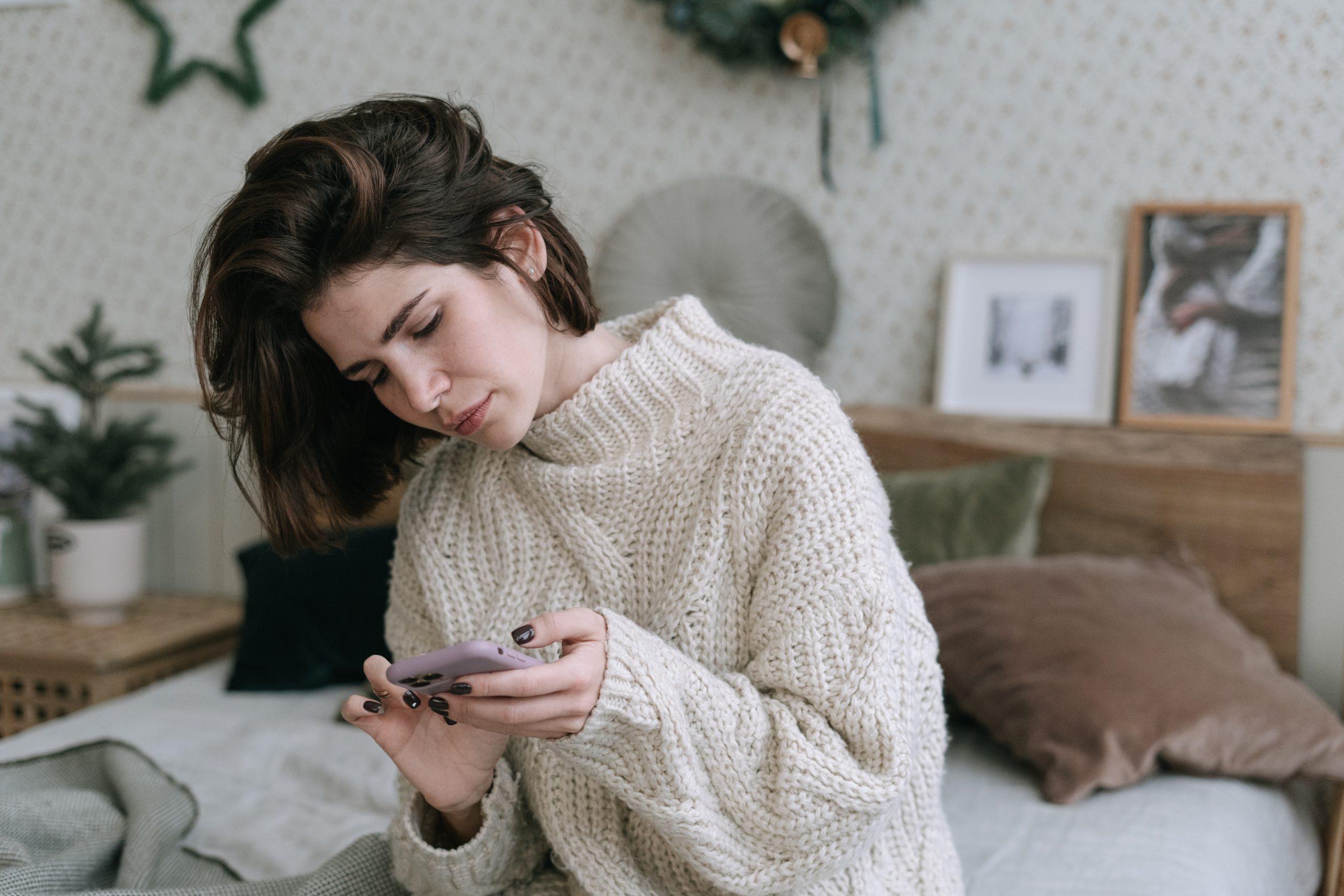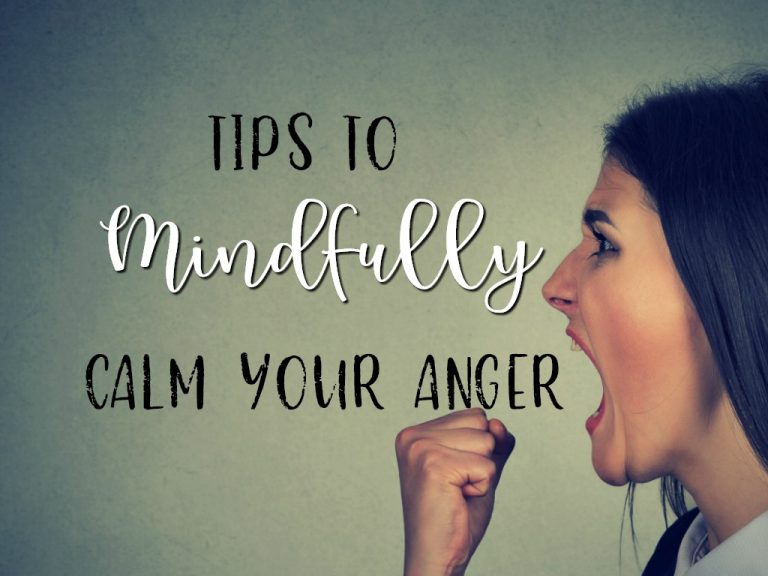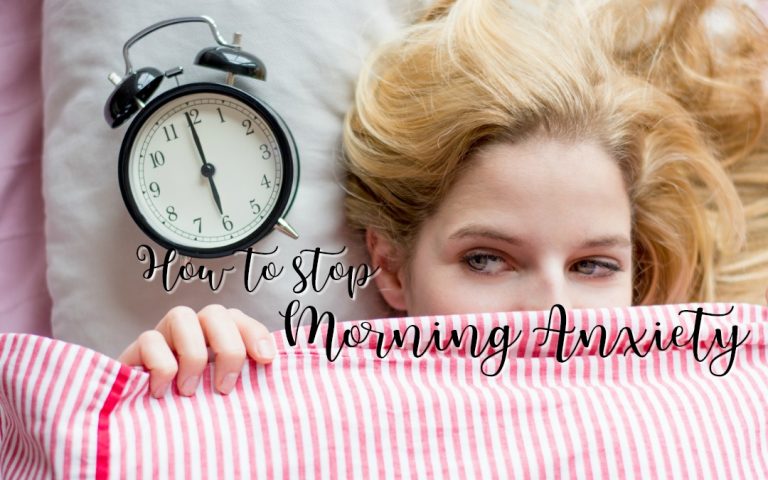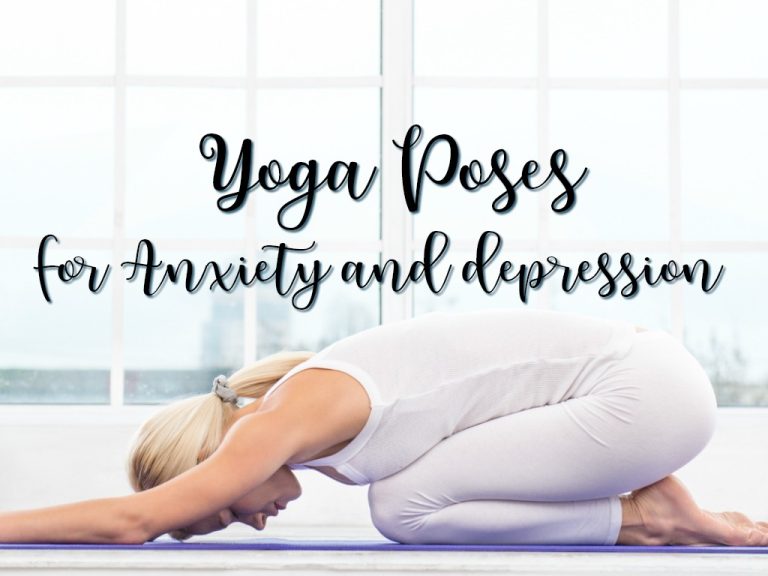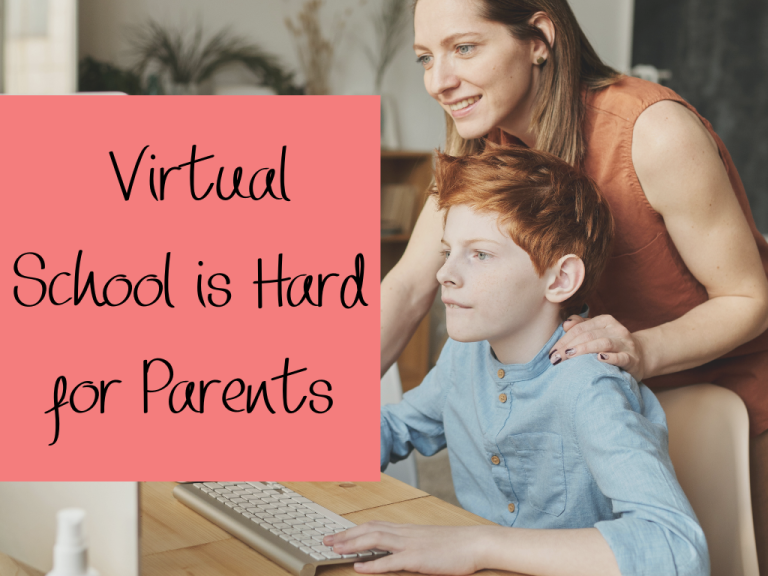Identify Anxiety Triggers to Make Life Easier
If you are living with anxiety, it is important to identify what triggers your anxiety episodes. Once you identify your anxiety triggers, you can try to avoid them or work through them. Learning about your triggers will make life easier for you.
Everyone experiences anxiety from time to time. Life throws us some curveballs sometimes, huh? These can leave us feeling more worried, scared, or anxious than usual.
Note: This post may contain affiliate links, which means if you buy from my link I might make a small commission. This does not affect the price you pay. See the full affiliate disclosure here.
Experiencing anxiety is a normal process, and if you suffer from anxiety every now and then, you’re not alone. Millions of American adults have anxiety and it has become the most commonly diagnosed mental health disorder in the U.S.
If you are someone who suffers from anxiety on a regular basis, it can be helpful for you to learn about your triggers. Identifying anxiety triggers can help you stop an anxiety attack or panic attack from happening. It can also help you lessen the severity of other anxiety symptoms.
Anxiety Symptoms
Before you start to look into what is triggering your anxiety, it can be helpful to know what anxiety looks like. While anxiety symptoms from person to person (and day to day), there are some common symptoms that people suffering from anxiety regularly report. These symptoms include:
- Unwanted sweating
- Irritability
- Feeling restless
- Unnecessary nervousness
- Rapid heart rate
- Feeling lightheaded or faint
- Difficulty sleeping
- Muscle tension
If you have been experiencing any of these symptoms on a regular basis, it’s very possible you are dealing with anxiety. Check with your doctor if you think that they could be symptoms of another physical medical condition, to be sure.
If all other medical issues are ruled out, you’ll want to consider anxiety as the cause. Once you’ve learned you are dealing with anxiety, the next step is to determine why it’s happening to you. These specific causes are called anxiety triggers. Let’s take a look at some common anxiety triggers before we dive deeper into identifying your personal ones.
Common Anxiety Triggers
There are some anxiety triggers that many people seem to experience. When you read through the list, you’ll see why – it’s common for our minds to react abnormally to traumatic or unforeseen situations like these!
- Health conditions – Receiving a new health diagnosis can be quite alarming, especially if it’s a scary one like cancer. Chronic illnesses that become worse can also affect how much anxiety you feel about your health.
- Caffeine – Drinking too much coffee can induce physical anxiety symptoms, including rapid heart rate, trouble sleeping, and nervousness. These side effects aren’t helpful for someone already dealing with anxiety before consuming caffeine.
- Crowded places – Too many people in a small space can make you feel confined, bringing on feelings of anxiety. Parties, social events, and other large gatherings can have the same effect – especially if you’ve spent extended periods of time at home and are just getting back out into the “real” world. Whether you’re experiencing social anxiety or just some claustrophobia, the trigger is the same.
- Medications – It is possible that taking over-the-counter and new prescription medications can cause anxiety to occur. Your best bet here is to ask your doctor or pharmacist if this is the case with your medications. Since I’m not a doctor, I’m not going to go into specifics, but there are many medications that can have anxiety as a side effect, including medications prescribed for anxiety!
- Stress – Worrying about too much can definitely bring on anxiety. It can also contribute to other behaviors that will worsen your anxiety, like skipping meals, drinking coffee, or consuming alcohol.
- Conflict – Disagreements at work, in your relationships, or even within your own mind can cause you to feel anxious. This is especially true if you are the one at fault or you feel like you can’t resolve the problem.
How to Identify YOUR Personal Anxiety Triggers
You may be familiar with some of the common anxiety triggers listed above, but anxious feelings can arise in people for many other reasons as well. It’s very important that you work to learn your personal anxiety triggers so that you can create a plan to work through or avoid those triggers.
The past can be a great place to start looking when seeking out personal anxiety triggers. There can be events that happened to you long ago that are the deep-seated cause of your anxiety. People with post traumatic stress disorder (PTSD) especially notice anxiety that stems from traumatic events that happened to them years ago.
Identifying your own triggers for anxiety is the first step in maintaining the condition and learning how to cope with it in a healthy way. Here are some methods you can use to learn more about what causes your anxiety:
Journaling to Identify Anxiety Triggers
Writing down your thoughts and feelings when your anxiety is triggered is a purposeful way to notice patterns. Keeping a daily journal and writing in it for just 10 minutes a day not only gets those negative feelings out of your head, but you can start to see how your anxiety manifests.
It’s helpful to journal during times you aren’t feeling anxious as well. You can then compare your “good day” journaling to your “anxious day” journaling to see what’s different. These details can help you figure out the causes and how to overcome those unwanted feelings.

Therapy Can Help
Speaking with someone with experience in mental health disorders may be the best way for you to identify your personal anxiety triggers. They can ask questions and help expose you to new ways of thinking that you may not have done on your own.
A therapist can be the best source for new “breakthroughs” in your quest of identifying your anxiety triggers. Consider finding a professional who can listen to how you feel and help you determine the root causes of anxiety in your life.
Listen to your Body
Take note of the times when you feel anxious, and how your body is working during these times. Do you feel more anxiety after a day or two of unhealthy eating or too many cups of coffee? Maybe you feel more agitated when you haven’t slept well in the last 2-3 nights. For women, different types in our menstrual cycles can also trigger anxiety. I use an app called “Clue” to track my cycle as well as the emotions I’m feeling each day.
Sometimes our own bodies can be the greatest indicator of what is causing anxiety to appear.
Be Honest
It can be difficult to reach down deep and determine your anxiety triggers. Most people want to avoid talking about it and feel they have to silently deal with it. However, this is not helpful, nor is it true.
Be honest with yourself and the people you confide in. Share how you are feeling and what events led to the anxious thoughts. Avoid sweeping past events or possible triggers under the rug.
Learning more about what triggers your anxiety can help you overcome the symptoms and negative feelings. It can also assist you with preventing anxiety from occurring as often. If you know what makes something happen, you can do your best to fight it and reduce its effects on you.
The most important thing to do is keep an open mind when identifying your anxiety triggers. Know that you are not alone in feeling anxious, and that it is okay to talk to others struggling with this mental condition to get help for your own issues.


